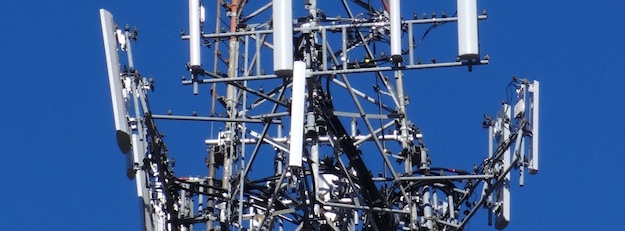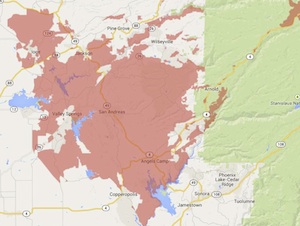AT&T abandons copper to spend rural broadband subsidies on wireless

As it accepted $2.6 billion in federal subsidies over six years to improve rural broadband service, AT&T told the Federal Communications Commission that it’ll spend the money on building out its wireless infrastructure, rather than upgrade decaying copper networks. Consistent with the story it told the FCC during its successful bid to acquire DirecTv, AT&T called out plans to rely on what it previously labeled as wireless local loop technology to deliver broadband service to rural customers in areas that are eligible for Connect America Fund (CAF) money…
… MoreWe anticipate meeting our CAF Phase II obligations through a mix of network technologies, including through the deployment of advanced wireless technologies on new wireless towers that will be constructed in previously unserved areas.


![By Miguel Vieira [CC BY 2.0 (https://creativecommons.org/licenses/by/2.0)], via Wikimedia Commons](https://www.tellusventure.com/images/2015/7/auburn_courthouse.jpg)

![By TonyTheTiger (Own work) [CC BY-SA 3.0 (https://creativecommons.org/licenses/by-sa/3.0)], via Wikimedia Commons](https://www.tellusventure.com/images/2015/4/shot_clock.jpg)

![By Szczebrzeszynski (Own work (Self-made photograph)) [Public domain], via Wikimedia Commons](https://www.tellusventure.com/blog/images/2014/11/marriott_antennae.jpg)
![By Kander (Own work) [Public domain], via Wikimedia Commons](https://www.tellusventure.com/blog/images/2014/10/carrot.jpg)
![By BP22Heber (Own work) [CC-BY-SA-3.0 (https://creativecommons.org/licenses/by-sa/3.0)], via Wikimedia Commons](https://www.tellusventure.com/blog/images/2014/10/top_secret.jpg)
![By Steve Kazella (talk) 14:00, 14 July 2009 (UTC) (Own work) [CC-BY-SA-3.0 (https://creativecommons.org/licenses/by-sa/3.0) or GFDL (https://www.gnu.org/copyleft/fdl.html)], via Wikimedia Commons](https://www.tellusventure.com/blog/images/2014/10/antennae.jpg)